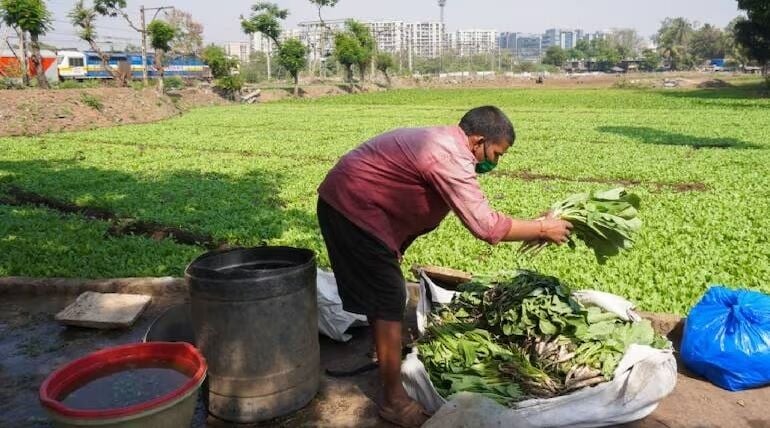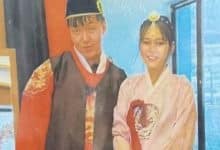Grim reality of Thai agricultural worker’s life in South Korea revealed

Working as an agricultural labourer in South Korea may not be as pleasant as one might think, according to a Thai worker’s review posted online today. The worker, Abhisit began his job in South Korea on June 29, 2023, after passing the Department of Labour’s E-9 agricultural visa exam.
Abhisit worked in a mixed vegetable farm, primarily cultivating high-value crops according to the season. After six to seven months of work, he shared his experiences and the reality of his situation, which was far different from the contract he had signed.
One of the main issues he faced was the poor condition of the toilet facilities. Describing the situation as dire, Abhisit revealed that the pit toilet was not only filthy but also difficult to use, especially in summer due to flies and in winter when the waste froze. Despite his efforts to request an upgrade, the conditions remained unchanged.
The second issue he raised was the lack of adherence to the designated day off. While the contract stipulated a weekly day off, in reality, it was only granted when the employer permitted it. Long working hours were also a concern, with Abhisit spending five to six hours bending over during his work.
He was also dissatisfied with the salary distribution. According to the contract, the salary was to be paid on the 25 of each month or at the end of each month but in reality, the payment was often delayed. Abhisit earned approximately 1,800,000 Won (54,000 baht) a month. After deductions for insurance and rent, he was left with around 1,300,000 Won or about 30,000 baht. This amount had to be divided between personal expenses and remittances to his family.
Living conditions were another area of concern. The worker was housed in a container and was not allowed to rent an apartment elsewhere. Furthermore, he had to pay around 9,000 baht for rent. During the winter, he relied on groundwater as the regular water supply was scarce. While rice was provided, he had to purchase other food and drinking water himself.
Living Conditions
Abhisit admitted his mistake in choosing the agricultural sector when he initially intended to apply for an industrial job. He passed the agricultural exam and therefore opted to proceed. He suggested that those considering work in South Korea prepare themselves for the living conditions, including accommodation, toilet facilities, and potential salary deductions.
He also advised men to consider agricultural or animal husbandry jobs as a last resort, recommending industrial and construction jobs first. Despite the challenges, Abhisit still preferred working in South Korea due to the higher wages and the opportunity to save money faster than in Thailand, reported KhaoSod.
Latest Thailand News
Follow The Thaiger on Google News:


























